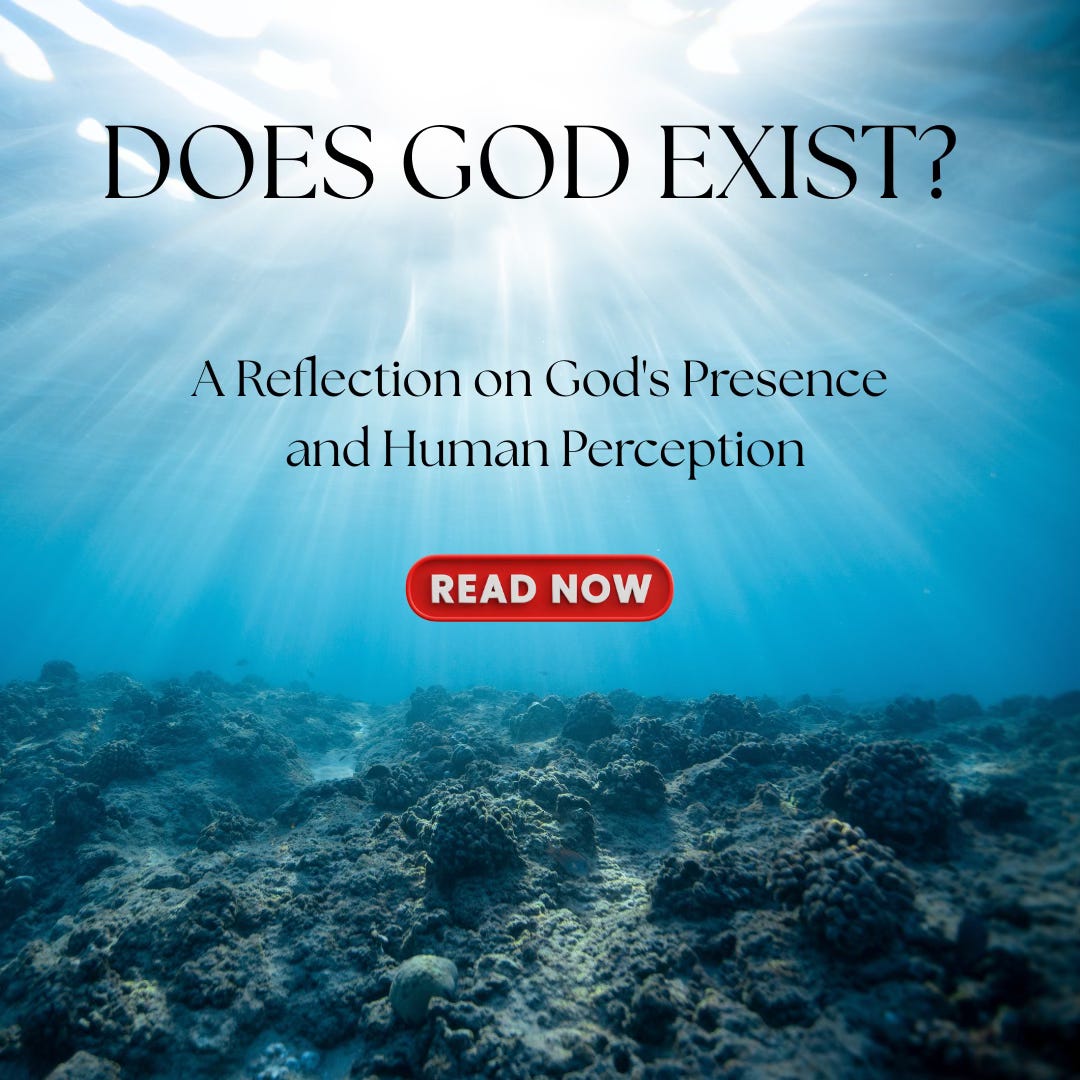New Ebook and Article Series
A brand new ebook on apologetics, plus a new article series aimed at answering common questions about God
New Ebook
I’ve edited another ebook for Westminster Seminary Press: Our Shield and Defender: Readings in Christian Apologetics. It’s got some amazing content from Westminster’s history. Here’s the table of contents and one of my favorite excerpts from a man who has become one of my favorite authors.
Contributors
Rob Edwards, “Van Til and the Priority of Preaching”
David O. Filson, “21st Century Sexuality”
Pierce Taylor Hibbs, “Beauty Always Beckons”
Timothy Brindle, “Thinking Biblically about Race”
Brian Mattson, “Critical Theory and the Bible”
K. Scott Oliphint, “The Irrationality of Unbelief”
William Edgar, “The Call of Apologetics Today”
David Powlison, “Secular Psychology and Biblical Thought”
Cornelius Van Til, “My Credo”
Richard B. Gaffin Jr., “Epistemological Reflections on 1 Corinthians 2:6-16”
John Calvin, “Commentary on Romans 1:18-23”
Blaise Pascal, “The Wager”
You can click HERE to read the introduction that I wrote for the book.
Excerpt from David Powlison:
It’s almost as though a secular psychologist, because of ruling God out from the start, is trying to understand what’s going on in a chess game with black and white pieces, but all the white pieces are invisible to him. He’s wearing glasses, in a sense, that make the white pieces invisible. So, he’s seeing all this stuff going on with the other pieces, and he’s trying to make sense out of the black pieces by only looking at the black pieces by themselves. So, some of these psychologists will take up a hierarchy model, and they’ll say that the queen is the most important, and the others are less. And some love a building block model, where pawns are foundational to everything else. And some love a conflict model, where there’s a kind of tension between kings and queens. Or someone who really thinks that bishops are great will think that the bishop is the most important one. What are all these psychologists doing? They’re trying to make sense out of human behavior and motives by just looking at one side of the board. And then when you look at what the Scripture does, all of a sudden you see, “Oh, yes! All these things are two-sided. There’s a whole other option. There’s a whole other world of motivation which makes sense out of this exact same data.”
One of the beauties of that is this: as we see human behavior that way, we start to see that the data, which is at the very heart of secular psychology, is something that is also at the heart of a Christian view of motivation, of a biblical view. And things like our relationship with God or coming under the lordship of Christ or letting the gospel rule our hearts—these things are not as though a Christian has some kind of sixth finger on their hand that regular people don’t have. But rather it’s saying that instead of being motivated by these common things, we are increasingly being motivated by this other reality. And instead of being idolaters, we are people who are living by faith. Instead of living like those under the power of the world of the flesh and the devil, understood in essentially motivational terms, we are people who are coming into the lordship of Jesus Christ. Same data; completely different structures. It’s like the lights have gone on, and you see a whole other set of pieces on the board.
New Article Series
I’ve always loved hearing the most common questions people have about God. So, I’m doing a little experiment. I’m writing 10 articles that address those questions in simple, accessible language. These are meant to be shareable with those who are either asking questions or considering the possibility of believing in Christianity. Here’s the first one:
If you find the article helpful, share it with others! And stay tuned for more to come.





